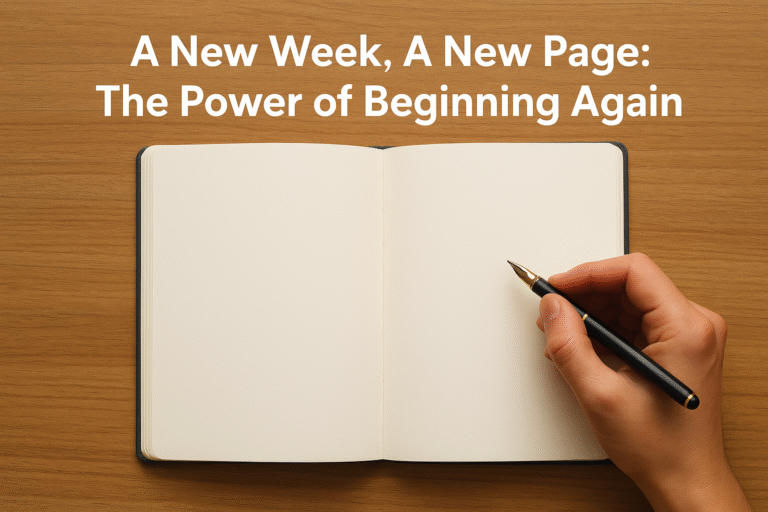Many people are familiar with the term ‘balanced diet’, but very few really understand what it means. By definition, it is the diet that yields daily nutrients in the proper amounts and proportion required by the body.
Most times the misunderstanding starts from the definition. People assume that ensuring they eat all the classes of food in a day or at a meal equals having a balanced diet. They miss the part that states “…the proper amounts and proportion required by the body”, and that is the main principle behind the concept of a balanced diet.
You must be eating foods that provide the nutrients your body needs in the proper amounts and proportion required. To achieve this, many factors come into play – age, sex, physical activity level and physiological conditions.
Generally, men have more need of energy (calories) per day than women; roughly estimated at 2, 400 kcal for a sedentary male and 1,900kcal for a sedentary female. So, if as a man your work is not sedentary but entails a lot of manual labour, your need for more calories through your diet is something to pay attention to; same goes for women.
A teenager will need more protein than an adult because at that stage of their growth they are experiencing rapid growth; the adult is in more of a maintenance mode.
If in your bid to achieve balance diet you do not pay attention to these factors, you might be over supplying or undersupplying your body with certain nutrients. In the case of oversupply, excess will be stored up as adipose tissues (fat), while undersupply can result in a depletion of adipose tissue meant for other functions, just to meet up the body’s needs.












